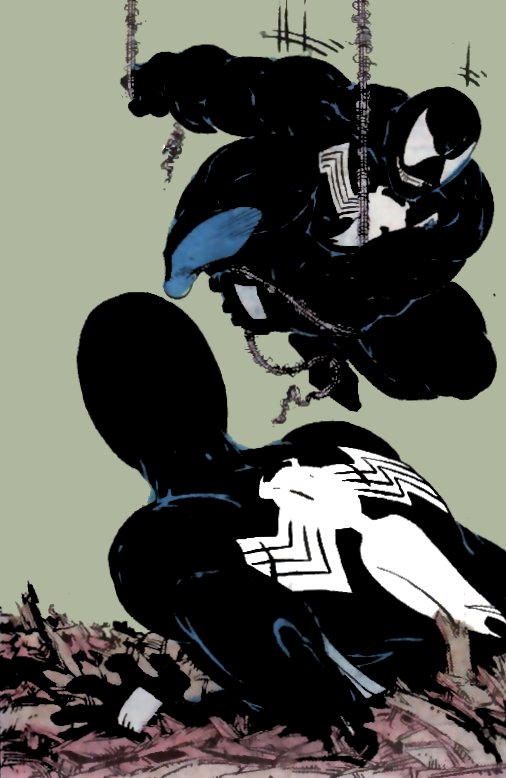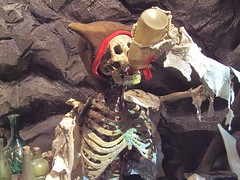Programmable Tattoos
 I can’t believe I missed this announcement nearly a full year ago detailing the concepts behind a possible programmable tattoo.
I can’t believe I missed this announcement nearly a full year ago detailing the concepts behind a possible programmable tattoo.
The technology behind eInk has been floating around for about 6 years but it is only recently that products are finally beginning to enter the market using eInk. (I recently purchased a Sony eReader, which had to be sourced from the States as it hasn’t been released in Australia)
I have to admit the idea behind an eInk driven tattoo entered my head about 5 years ago when seeing people getting henna tattoos on the beaches of Thailand . It seems a simple stretch to imagine if you could take eInk and inject it and then you’d have a tattoo you could change every day(In turns out I was out by 3 years, a patent was filed in 1999). However eInk didn’t come out as fast or as heralded as initially though and currently technology is still only 180 DPI with slight elements of ghosting. I imagine it would have to pass some strict FDA test before it was allowed to be injected into the human body, but who knows some day people will be able to used eInk in some tattoo ink form how cool would that be? One day you have a small dolphin the next a full body moari tribal pattern, I can’t wait.
I have had an eReader for a month now, I am planning to do a review soon detailing my experiences, I will say it is very very interesting (if expensive).












